It’s the best of times and the worst of times to be a fan. For devotees of mega-franchises like Star Wars and the Marvel Cinematic Universe, there’s never been a more massive glut of new content. We’re living through a golden age of interconnected storytelling, as sequels and prequels explode across film, television, and literature faster than many of us can keep up. Yet at the same time, these mega-franchises are tormented by their most strident fans, melting down into paroxysms of toxicity through petitions, review bombing, and targeted harassment campaigns, among other odious tactics. Toxic fandom is a complex beast, but at the root of its many convulsions, there’s often one sore spot: the sticky concept of canon.

ClownWorld being ever present it’s easy to simply skip over them proclaiming their own biggest fans as their greatest enemies. But shouldn’t allow them to do this, because it’s still insane. Imagine this being true in any other context? Would I ever say that my number one most hated group of people are my biggest fans? Of course not.
This is a problem unique to people who make garbage product, but own the infrastructure of movie distribution. Their ideal consoomer would be someone with an IQ of around 80. Just barely capable of clapping like seals at the snarky asides, and totally unable or unwilling to think logically about what’s happening on the magic screen in front of them, let alone how this fits in with other works in the same universe.
Canon is scripture; canon is king; canon can do no wrong. Its definition is simple—the term refers to a fictional body of work and its established facts—but that’s where the simplicity ends. In this age of massive cultural production, of sequels and prequels and cinematic universes, where does canon start and stop? Do novelizations, video games, or other ancillaries count—and who gets to decide? When new entries to the canon subvert or “retcon” the established universe, what’s to be done with those unruly fictions? After all, when storytellers dare to expand canon, whether by disrupting the narrative or simply shining a flashlight into its underexplored corners, there can be hell to pay. Increasingly, fans have become canon’s militant enforcers; when those seeking to enlarge canon stray across its perceived guardrails, like J.J. Abrams or Rian Johnson, backlash is swift and vociferous. In one memorable dust-up, Star Wars fans petitioned for Disney to erase The Last Jedi from the franchise’s canon altogether. Somehow, canon is at once a collective orthodoxy and a personal totem, inflected with each viewer’s own biases and desires—even their own bigotry, too.
Noooo. Not bigoted fascists who don’t want Aviendha to be cast as an ugly negress.

I can count on one hand the Marvel movies I’ve watched after turning 18 in 2010 and becoming an adult. Guardians of the Galaxy 1 and 2, the original Avengers, Iron Man 3, Avengers: Age of Ultron, and the first Captain American. If you’re following along, yes, I have six fingers.
Well maybe I can’t count them all on one hand, and I also saw the original Iron Man back in the day and thought it was pretty good. If we’re counting movies I’ve seen a glimpse of then we can add plenty more. Someone put on Doctor Strange, and I had to stop watching about 20 minutes in when all the monks show up and I found it so theatrical and stupid that it was impossible for me to watch. I saw a bit of another Captain America movie, which sucked. And finally I saw part of the original Thor movie.
I never strongly liked or disliked any of the movies I saw in full, with the exception of the first Iron Man, which was great. Guardians of the Galaxy also had some great moments, but comic book stuff just annoys me. I don’t care that the entire universe is at stake because the evil guy has a thingy. I don’t want to watch melodrama about how some weird alien like dude had his wife die or something. But I also accepted that these movies were made for children, so I gave them a pass.
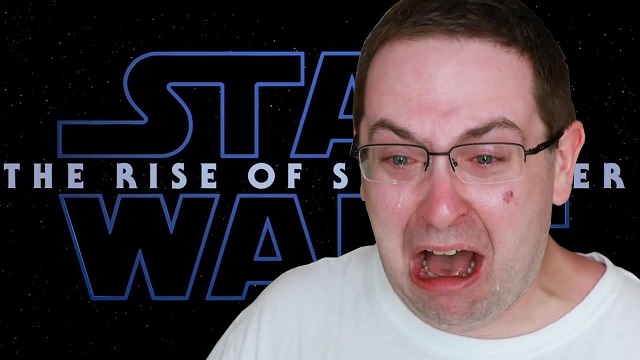
Children and also this guy.
I haven’t watched anything from Marvel since Guardians of the Galaxy 2, back in 2017, but according to everyone who keeps up with this stuff, even the soyboys who loved the earlier Marvel movies find the modern stuff to be unwatchable.
I never read comic books even as a child, but those who are fans of the Marvel comic books say that in addition to the typical Globo Homo Schlomo induced nepotism problems they’re having another problem. They’ve blown through fourty years of comic books in ten years of movies. As a result, they don’t have any good material – good from the perspective of a comic book fan – to churn through.
There’s probably some truth to that, but it would be a more compelling argument if Hollywood didn’t have a recent track record of mutilating the source material for The Witcher, The Wheel of Time, The Lord of the Rings, and many others. It’s such a prevalent problem that we’re getting pieces attacking the fans who are angry that untalented hacks are substituting their bad fan-fiction for original story. Hence we return to the Esquire piece.
Canon has a big problem, and the call is coming from inside the house. It’s not hard to see how this obsession with canonical fealty has hamstrung Marvel and Lucasfilm, two franchise juggernauts whose every innovation is punished by a fan meltdown. When storytellers are held hostage by their own audiences, it undermines their ability to do what artists do best: explore, revise, play. This is the problem with storytelling in the age of the mega-franchise—all too often, the impulses of abiding canon conflict with the impulses of making art. As Ron Moore, a longtime Star Trek writer who later rebooted Battlestar Galactica, put it, “It’s frustrating to be in the writers room and tossing out stories, then having to stop yourself and go, ‘Does this work? Does this violate continuity?’ And having to call people and check encyclopedias and look up information. You want to have it all in your head and just play. The Trek universe has got to the point where you can’t play anymore.”
There’s this crazy solution to this problem called making your own original work.
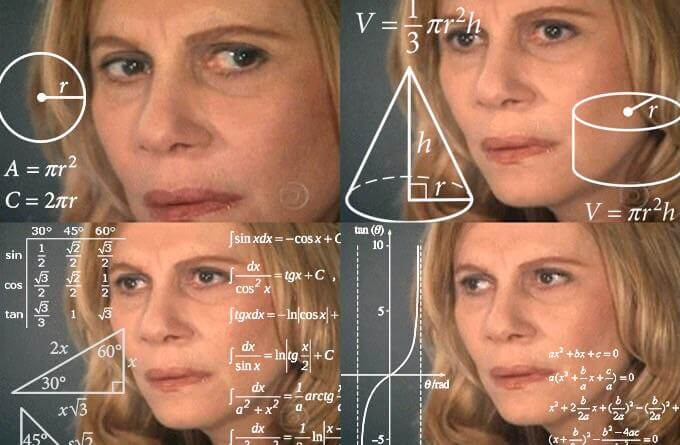
The sheer level of entitlement here is beyond belief. These hacks want to simultaneously enjoy the name recognition from using an existing IP. They also want the creative ease of not having to do your own worldbuilding. They’d like the established characters and setting. But they’d also like to totally disregard and ignore them when it’s minorly inconvenient to do otherwise.
Over on Prime Video, Rings of Powerfollows a similar model: where J.R.R. Tolkien’s source material is narratively thin, consisting largely of battles and successions, Rings of Power’s showrunners have grafted connective tissue onto this sparse scaffolding, shading in the thoughts, feelings, and choices that propel familiar characters to each predetermined plot point. We know where these characters are going, but if there’s one thing Tolkienites understand, it’s that it’s the journey that shapes and changes us, not the destination. Where Tolkien gave us only the destination, Rings of Power backfills the journey. Take Lord Elrond, for example. How did he become such a legendary statesman, able to build consensus between mortal and immortal races? Rings of Power imagines his years as a rookie diplomat, building out a formative and often touching friendship with the dwarven Prince Durin IV. As Strange New Worlds accomplishes with Spock, suddenly, Elrond’s canonical future makes more sense.
Yeah, and how did Sauron trick everyone into making a bunch of rings of power?
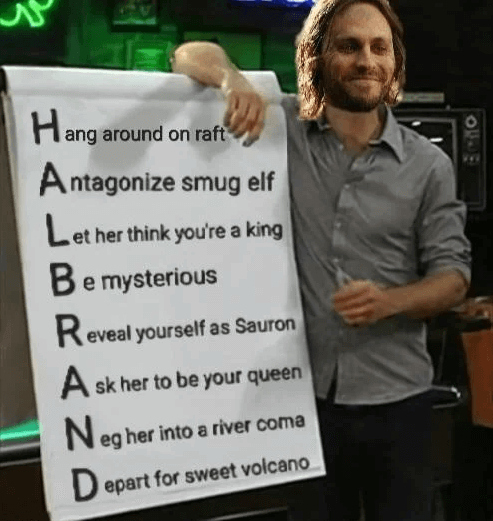
By hanging out on a raft in the middle of the ocean for no reason and then doing a lot of other things for no reason and then ???? and then winning. And speaking of winning, how did the Numenoreans destroy Sauron anyway?
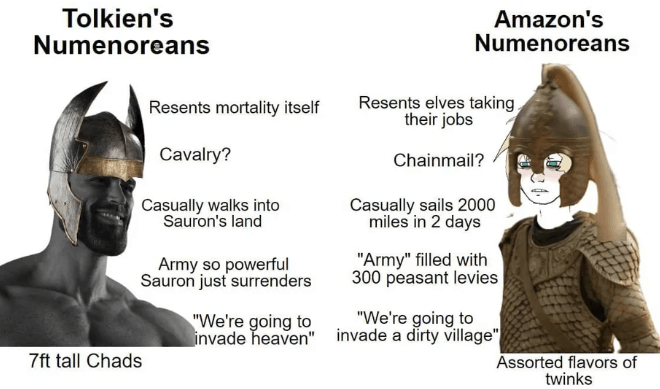
By being a bunch of fags who have an army that consists of five teenagers who all spar with real swords and get beat up by an elf. And speaking of that elf, what happened to her husband, Celeborn?
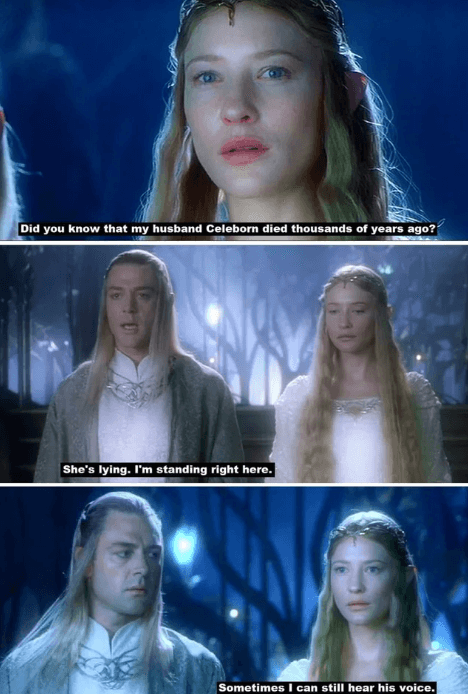
I guess we’re just filling in those gaps that Tolkein left by never having Galadriel not have a husband. Or maybe having one and never mentioning him, and also being a warrior now and not having a sword. Thank god we’re finally answering the tough questions.
When we love stories, we want them to make sense, to have consistent internal logic, to meet the sky-high expectations that our devotion has placed upon them. But canon isn’t purely good by definition, and sometimes, it restricts good storytelling. For a story to endure and expand decade after decade, as all of these mega-franchises have, it must be adaptive and reactive—that’s the very soul of adaptation. As Tolkien himself said of his own legendarium, it must leave room for “other minds and hands.” Isn’t it exciting to consider that we still don’t know everything about these characters and their worlds, all this time later? These fictional sandboxes are endlessly generative—it’s part of why we can’t get enough of them.
I couldn’t agree more with the writer here. After all, in the original Wheel of Time, Perrin isn’t Black.
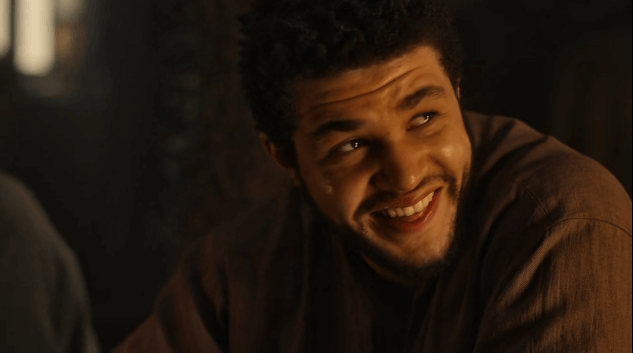
Nor does he have a wife that he stabs during the Trolloc attack on an Emond’s Field population with the demographics of Manhattan.
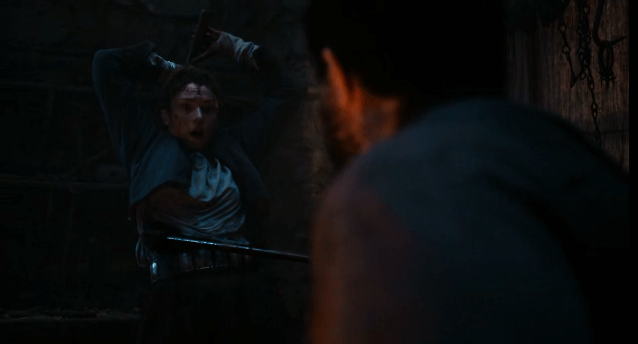
It’s not canon for Perrin to have a wife and then kill her, but without breaking the canon we couldn’t have told an extremely tedious and poorly written fan fic about him having a wife, killing her, and then spending all the rest of the season not growing as a character because instead of being a young man on an adventure he’s a wife murderer now. This is really compelling stuff, so move over canon, it’s wife killing time.
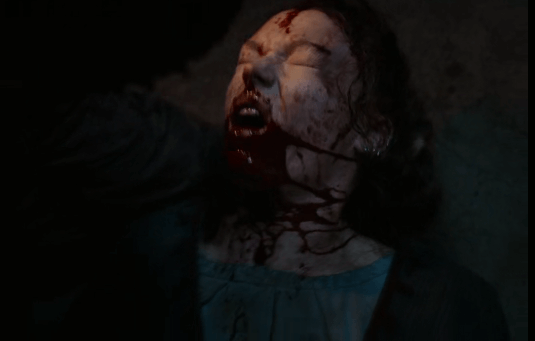
If you look closely, you can actually see the entire show being murdered here.
The craziest part of the article is that I somewhat agree with what they’re saying, at least in principle. Star Trek and Star Wars canon are messes. Even ignoring the extended Star Wars universe, plenty of dumb stuff exists in George Lucas’ original trilogy. Remember when he decided that Princess Leia and Luke were siblings? Boy that sure won’t make them kissing in the first film incredibly awkward and gross.
Star Trek lore is also stupid, as is any universe that has time travel and multiple universes. There are plenty of existing plot holes in the original work, which would be pretentious trash masquerading as high class even if it didn’t have formerly male cats giving birth. And yet, despite this, these untalented hacks keep contradicting the established lore for no real reason other than to tell bad fanfic that no one likes. It’s like seeing the writing process work in reverse. Instead of things getting better with another pass over the material, we keep all the dumb stuff and add some more.

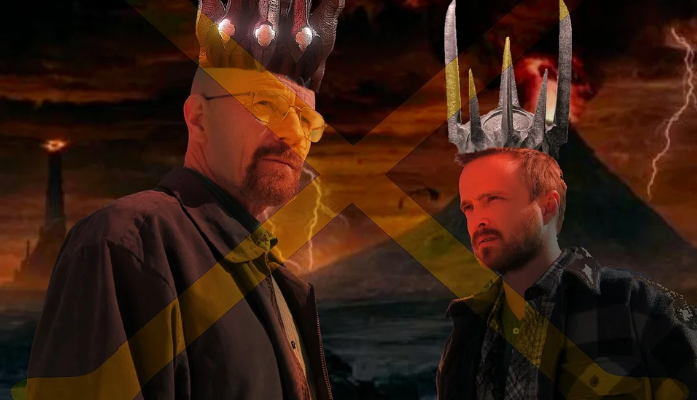

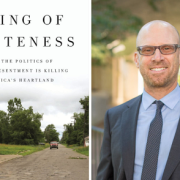
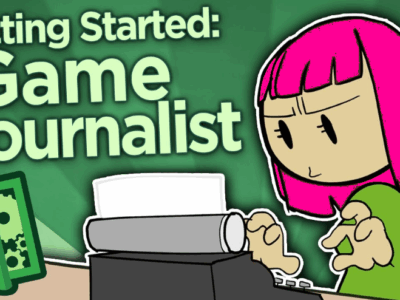
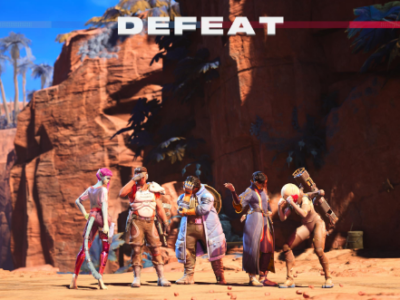
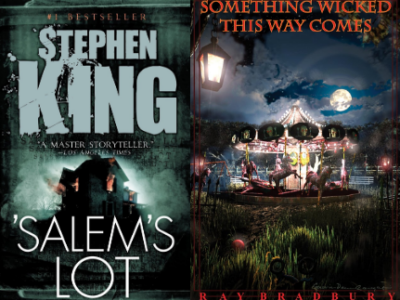

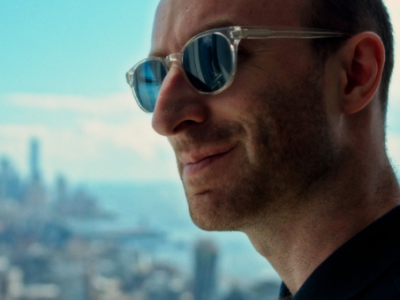



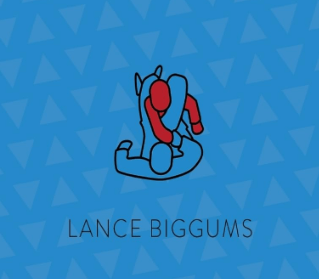
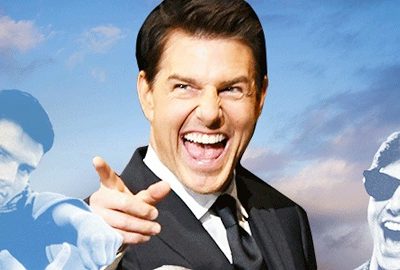

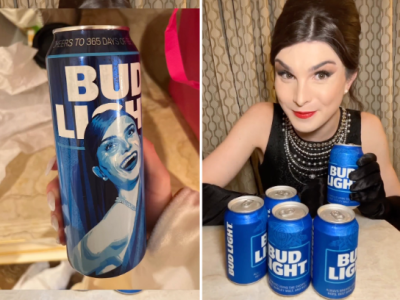
Apparently, Celeborn’s original name is Teleporno. That’s reason enough to call him Celeborn.
I look at pictures of the writers on some of these projects, and their physiognomy alone is enough to go “yuk.” It’s like barging into the kitchen of a high-class restaurant to find a greasy, pimply-faced teenager making the meal. Ugh, no thank you!
[…] Rangz of the Kangz Shills Claim Very Concept of Lore and Canon is Pure Cisheterofascism […]
“As a result, they don’t have any good material – good from the perspective of a comic book fan – to churn through. ”
I like that qualifying statement. The only entertainment medium I can think of which has lower standards for writing than comic books is video games (how else can utter hacks like Hideo Kojima have so much undeserved praise heaped upon them?).
It truly is the absolute worst. You can forgive a lot of it for being aimed at children, but it’s still terrible even for that.